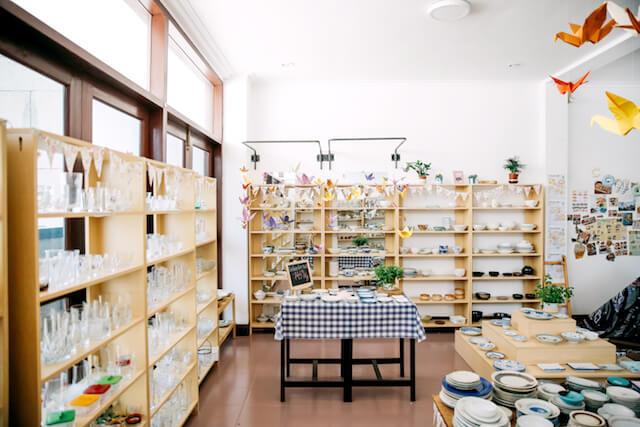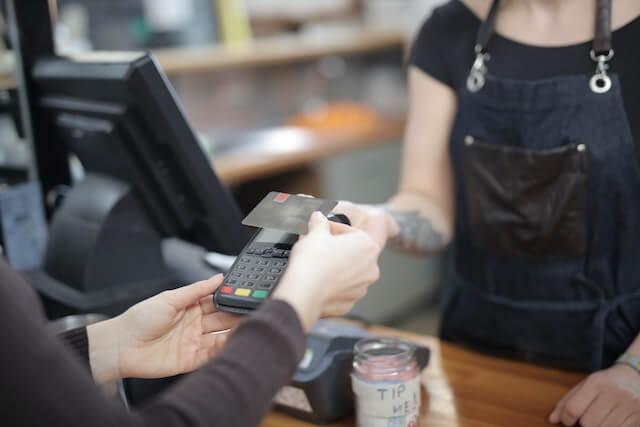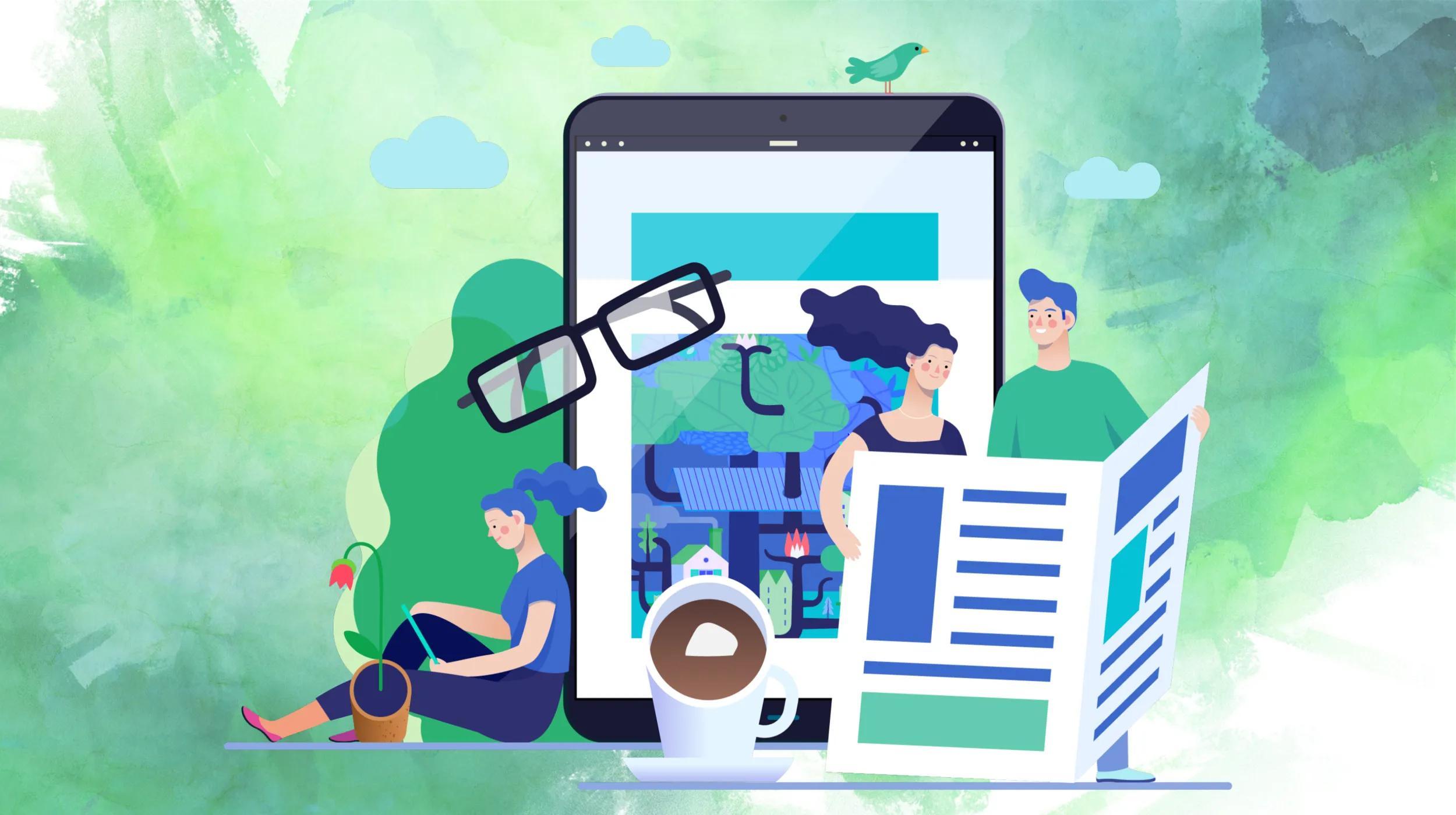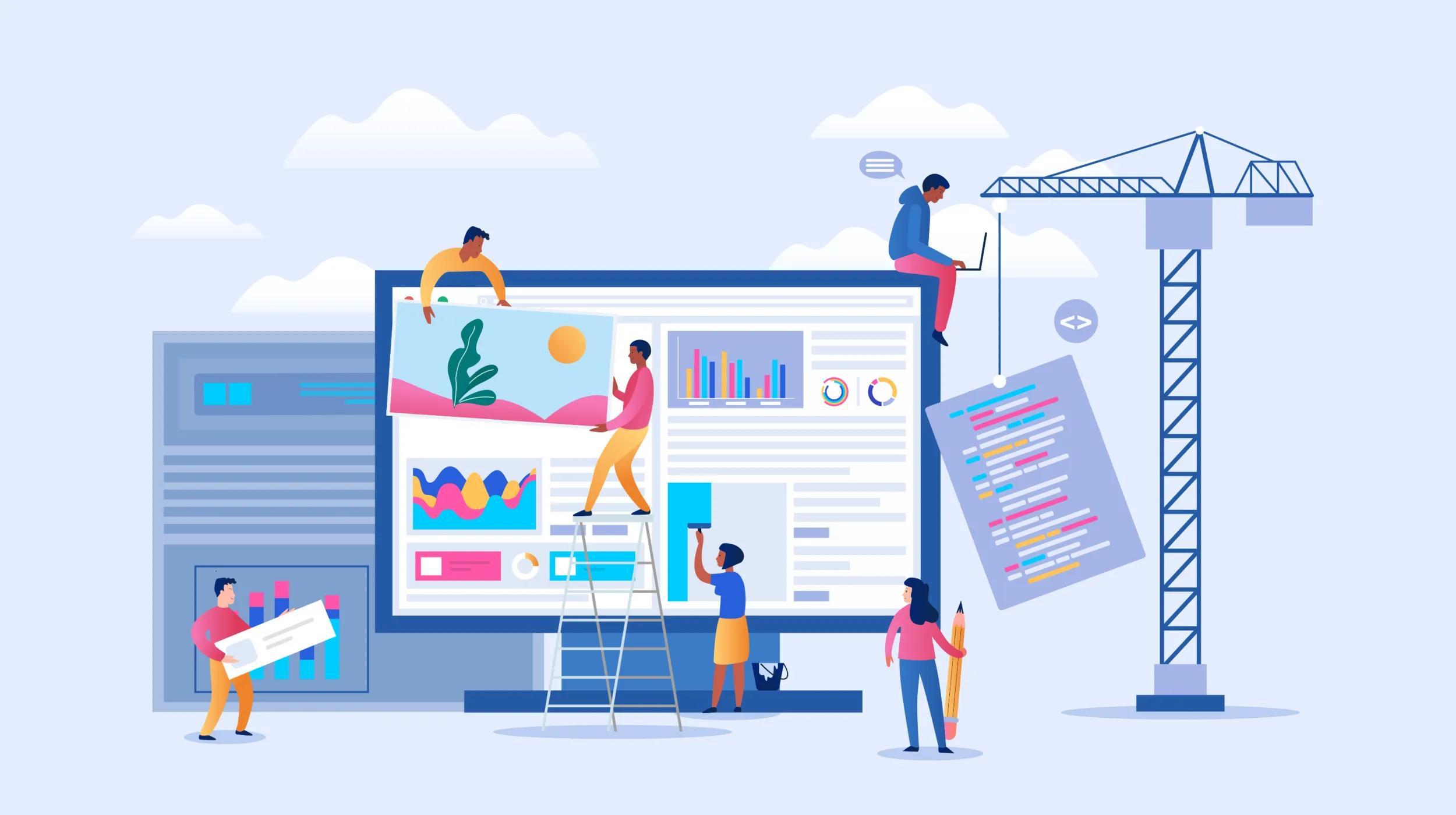It’s easy to underestimate the role that your retail POS system (point-of-sale) plays in the success of your business.
After all, it’s just generic technology meant to make transactions easier — and it’s the quality of your products and customer service that really matter, right? Not quite.
The reality is that there are many different types of POS software available, and your choice can have a major impact on guest experience.
But how? And how can you optimize your retail POS system to serve your customers better?
The significance of a retail POS system
How does the nature of your retail POS system influence guest experience?
These are just some of the ways:
- Transaction options.
- Transaction speed.
- Inventory tracking.
- Marketing and personalization.
- Downtime and service potential.
Read on to learn more!
Transaction options
What payment options are available to your customers? Different customers have different preferences for paying. Collectively, they’ll have several different types of credit cards, cash, mobile payments, app-based payments and even cryptocurrency.
If you want to maximize convenience and appeal to the widest range of customers, you’ll need to have a retail POS system that offers diverse options for customers to pay.
Transaction speed
According to a study by Synqera, lengthy checkout processes are the biggest pain point for 73% of retail consumers.
That shouldn’t be surprising to you. We’ve all had the experience of being stuck in a long line at the grocery store when we’re eager to get somewhere else.
Faster transaction times will keep customers moving through your lines — and revenue flowing in.
The faster your transaction times are, the faster you can keep customers moving through your lines — and revenue flowing in. Your customers will also be happier and more likely to choose your retail business in the future.
Smarter inventory tracking

Many modern POS systems are integrated directly into inventory management systems. When customers make purchases, those items are removed from inventory — which means you’ll get a notification whenever certain items are low or out of stock.
Additionally, you’ll be able to study purchasing trends so you have a better idea of how popular each item in your retail store truly is.
This can help you keep an ample stock of items that your customers want to purchase most — so your guests never experience the frustrating heartbreak of an empty shelf when they stopped in for one specific item.
Marketing and personalization
POS systems also frequently come equipped with marketing integrations.
Some systems connect directly to customer relationship management (CRM) software, so you can track individual customer habits and study broad trends across your entire target audience.
You might even be able to integrate personalized data into your marketing campaigns this way, sending emails with personalized offers to your top customers.
If utilized properly, it can help guests feel a stronger connection to your brand — and ultimately boost sales further.
Downtime and service potential
You know that downtime is bad for a retail POS system — but you may not realize just how bad it is. The cost of downtime varies, but on average, you can count on losing $5,600 per minute or more.
With an inconsistent or unreliable system in place, downtime could crush your profitability — and leave your guests wondering whether they can trust your business for their needs in the future.
Remember, the impact of these influences is exacerbated by the fact that consumers almost always have the option of shopping online, instead of in person.
Online, they’ll have a practically unlimited range of payment options, a streamlined, fast checkout that’s totally in their control, and up-to-the-minute details on inventory and specials.
Your POS system needs to do a lot of heavy lifting to close the gap.
How to choose the right retail POS system

So what’s the best retail POS system for your business?
Well, it depends. Certainly, there are POS systems that are unpolished, ineffective, and generally not worth using.
But there’s also a spectrum of viable options, each with their own pros and cons. To make the best decision for your retail business, you’ll need to consider your priorities carefully, and find a solution that meets all your needs as efficiently as possible.
These are some of the top qualities to consider:
- Mobility and flexibility. How mobile and flexible is the system? Are your employees able to travel with mobile devices throughout the establishment? Is it easy to set up and start using from the outset? Editor’s note: GoDaddy Payments offers mobility and flexibility with Online Pay Links and Virtual Terminal. These options are easy and secure and give your business the opportunity to reach more customers.
- Purchasing options. What payment methods are available? Will guests be able to provide payment in their preferred way?
- Speed and efficiency. How long does it take for a customer to complete a transaction and how streamlined is that process? Will your guests walk away barely noticing the interaction or wondering why it took so long?
- Customer usability. You need to choose a POS system that even your least tech-savvy guest will be able to navigate. Otherwise, you’ll experience more guest attrition.
- Employee usability. You should also consider how easy it is for your employees to use and troubleshoot the POS system. If it’s too hard to use, it could result in delays or frustrations for guests as well.
- Inventory management integrations. Ideally, your system will integrate directly with your inventory management system, resulting in more data and better decisions.
- CRM and marketing integrations. With CRM and marketing integrations, you can provide more meaningful, personalized marketing and advertising.
- Customizability. The POS system might not suit your business perfectly out of the box. That’s why it’s often wise to choose a system with ample room for customization.
- Costs. Of course, you’ll also need to consider the cost of the system; some robust systems serve guests perfectly well, but might be outside your budget.
Choosing the “right” retail POS system is challenging even for experienced business owners, but with so much on the line — including both guest and employee experience — it’s not a decision you should rush.
Take your time testing various POS systems in live environments, gathering feedback from your customers and your team, and crunching the numbers to land on the right system for your business.







